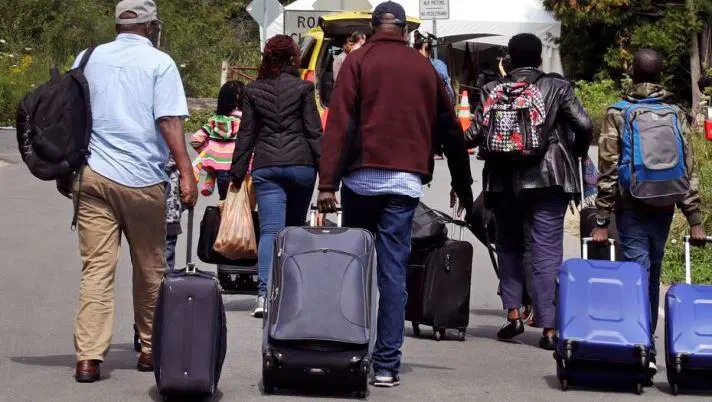The United States has implemented sweeping changes to its non-immigrant visa policy for Nigeria, Ghana, Cameroon, and Ethiopia, drastically reducing entry privileges for citizens of these countries.
Effective immediately, most non-diplomatic visas will be valid for just three months with single-entry permission – a stark reduction from previous multi-year, multiple-entry arrangements.
The U.S. Department of State confirmed the policy shift, which comes as Nigeria remains Africa’s top source of international students in America according to the 2024 Open Doors report.
The changes risk disrupting educational exchanges and family visits, with Nigerian students alone contributing significantly to the $40 billion international education sector.
On Thursday, the U.S. Embassy in Nigeria moved to quell speculation about political motivations behind the decision. In an official statement, diplomats clarified: “The recent decision to reduce visa validity for most Nigerian nonimmigrant applicants is not politically motivated and has no connection to Nigeria’s stance on deportees, affiliation with BRICS, or adoption of e-visa policies.”
The Mission explained the changes stem from “a broader technical and security-based review” of global visa reciprocity and risk assessment protocols. This follows similar restrictions placed on 31 nations since 2022, though Nigeria’s inclusion marks the first major West African economy affected.
Industry analysts note the policy could particularly impact: Nigerian students representing 12,860 of Africa’s U.S. enrollments; Business travelers from Africa’s largest economy; Families with diaspora connections in America.
The State Department maintains the adjustments aim to “protect national security while preserving legitimate travel,” but acknowledges potential processing delays during implementation. Consular officials advise applicants to account for the shortened validity periods when planning travel and academic calendars.
With no announced review timeline, the policy leaves thousands of existing visa holders uncertain about renewal prospects, while prospective travelers face new hurdles in maintaining transatlantic connections that have historically fueled cultural and economic exchange between the U.S. and African nations.
